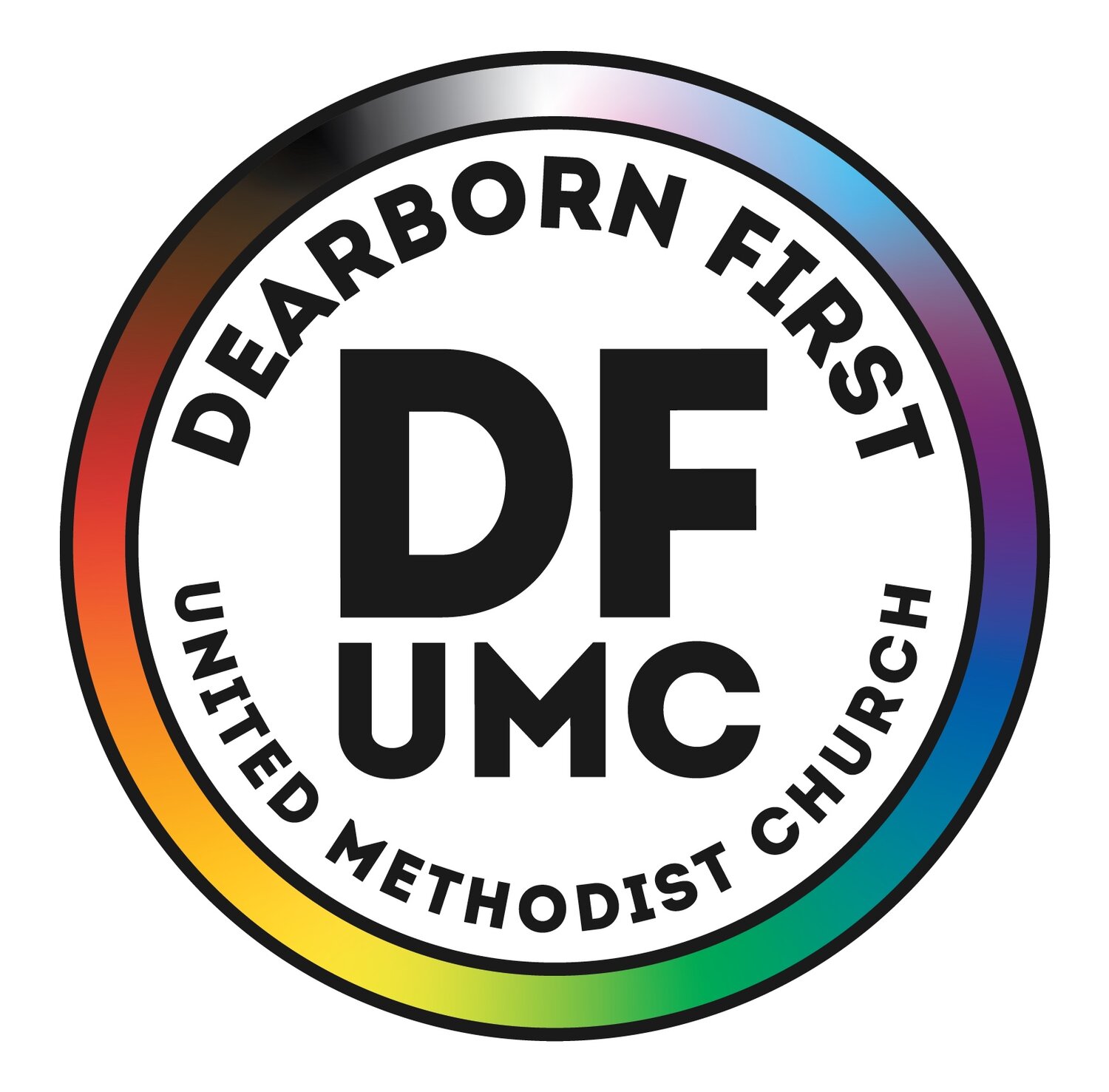Agents of Goodness
by Carl Gladstone - DFUMC Youth & Young Adult Ministries
Motor City Wesley, our campus ministry partner, has been wondering what $100 student projects for God’s goodness would look like if they were a part of a local church youth group ministry. So, we thought it would be good to share a little more about what these “conspiracies of kindness” would look like if Dearborn First adopted this model of engaging young people as agents of God’s work in the world.
What is a conspiracy of kindness?
Each year Motor City Wesley hands out $100 micro-grants to each student and asks them to use that money to build God’s kin-dom. Students regularly turn that $100 into $300 worth of justice, witness and mercy for their neighbors and communities.
Sometimes these projects support homeless service agencies like The NOAH Project. Other times students put the money toward service and advocacy work they’re already doing like a service trip to Mountain T.O.P. or a get-out-the-vote campaign with Students Demand Action. This year, students are supporting quarantined dorm residents with free loads of laundry and resourcing college-aged recruits in first responder training programs.
The projects serve as a kind of discipleship laboratory helping students connect their interests and gifts with the needs of the world.
How do $100 projects help students?
Over the years Motor City Wesley has found that students who complete $100 projects move from being recipients of their Christian faith to being agents of that faith. In the beginning they may be asking “Where am I right now?” and build projects that respond to immediate needs. An example might be the student who uses their $100 to support the summer kids camp they are volunteering at. These are great projects that help a student start learning how to be an active participant in an active model of discipleship.
In a second round of project creation a student might start asking a deeper question about their missional role in the world like, “To what am I called?” Here they start to imagine their participation in God’s story as uniquely tailored to their own gifts and passions. These are the music students who use $100 to launch a benefit concert, or the business students who put $100 toward their student loans then donate the compound interest they just saved to their favorite charity.
Finally, students come to a place where they know where they come from and to where they are called and the $100 helps them design projects that actually change the world. Recent projects like this have been national campaigns to enact gun-safety policies, and student-led medical trips to build water wells and teach healthy hygiene habits to fight against disease in Ghanain orphanages.
So, can youth do this?
With a few simple additions, this model of engaging students as growing agents of the church’s mission in the world could work well:
Shopper/Mentor adults could come alongside High School Juniors or Seniors to help them think through and enact their project plan. These folks might also serve as “fiduciary friends” and hold onto funds until it’s time to spend.
$100 projects could become capstone experiences for students during their senior year. This might offer an “Eagle Scout” like experience for any/all youth in the church.
Students could be encouraged to integrate their projects with ministry teams from across the congregation. This would give students more support and help church committees think in fresh ways about their mission and activities.
Another confirmation.
Our church regularly asks young people to take the faith of their childhood and make it their own through Confirmation. $100 projects might be another way that we can take Confirmation to new levels. If we give youth the resources they need and a format for success, they just might connect deeply with God’s goodness and the healing of the world.
I hope Dearborn First UMC will dream along with us as we take this example of Motor City Wesley to heart!





